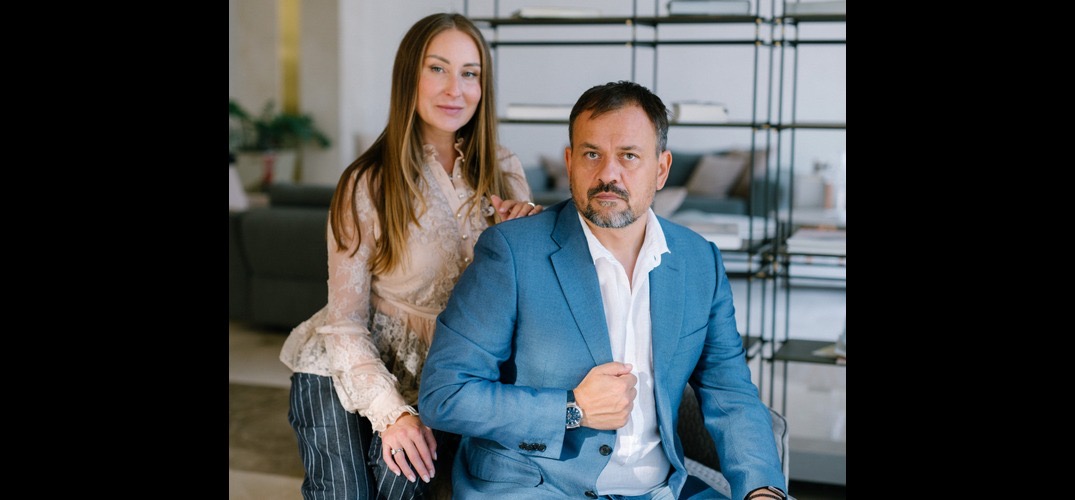Society stands on the brink of a massive shift, the so-called Great Wealth Transfer. Over the next 20–25 years, more than $83 trillion will change hands, according to the UBS Global Wealth Report, with $9 trillion moving from Baby Boomers (1946–1964) to their spouses and $74 trillion across generations. This is an unprecedented transition, as Baby Boomers hold significantly more wealth than Generation X (1965–1980) or the Silent Generation (born before 1945).
There is a catch, however. Research shows that wealth rarely survives beyond the third generation. This phenomenon is often called “shirtsleeves to shirtsleeves” (an old adage that describes the cycle of wealth accumulation and loss within a family). A 20-year study of 3,200 families by the Williams Group revealed that 70% of high-net-worth families saw their fortune dissipate by the second generation, and 90% by the third.
The reasons are rarely about market forces alone. More often, they stem from within the family itself: a lack of trust, poor communication, and the absence of a shared vision for the future.
Passing down more than money
Research shows that over one-third of American familiesnever discuss inheritances; instead, they leave it to the executor of the estate to communicate the details. But simply transferring money or assets isn’t enough. Parents and grandparents need to pass down the habits and values that helped them build wealth in the first place. Without that, it’s difficult for heirs to preserve it.
The best way to do this is through early involvement. Studies confirm that engaging children is one of the keys to building thriving family businesses. A good example of this approach comes from Wise Wolves Corporation, a wealth management firm that works with family offices and high-net-worth clients. Founded in 2016 by Sergey Stopnevich, it is now led by his eldest son, Artem, who studied at King’s College and Imperial College in the UK and began his career in European energy consulting. While Artem has learned from his father’s experience, he also brings his own skills, expertise, and fresh perspective to the company. Today, he is driving Wise Wolves’ expansion across the U.S., U.K., and the UAE.
Other family members are also engaged in the family ventures. For example, Sergey’s wife, Anastasia, an accomplished entrepreneur, serves on the corporation’s board of directors. She plays a vital role in shaping the corporate culture, overseeing motivation frameworks for top management, and ensuring that family values such as trust, responsibility, and cohesion are deeply embedded in the company. To further this mission, she and Sergey completed the Family Enterprises and Wealth program at Columbia Business School Executive Education.
Ksenia, the eldest daughter of Sergey, originally trained in game design, is now studying business at Cornell University to meet the family’s educational requirements for management. She helps with fundraising and communications at the Together Forever Foundation, a charity Sergey founded in 2016 to provide medical assistance to children. The younger children contribute too: Alexander donates artwork for charity auctions, while Maria and Tanya dedicate part of their allowance to the foundation.
From adventures to values
Working experience alone, however, is not enough. Research shows that in 60% of cases, failed wealth transfers result from a lack of communication and trust. The natural question is: how can families foster open dialogue and lasting bonds across generations?
For the Stopnevich family, togetherness grows through shared adventures such as skiing down alpine slopes, competing in sailing regattas, and exploring cultures from the U.S. to Japan. “It is not our concept to send the kids one way while adults go another. We travel together, experience together, and carry these lessons as a family,” he shares.
In 2022, they traveled to Kenya and Tanzania, where they immersed themselves in traditions of the Maasai tribes. They spent time in schools in remote villages, organized charity events for children, and distributed clothing, sports gear, and educational supplies. The family also helped install solar panels to bring electricity to homes and supported projects that funded ventilation systems to reduce the risk of carbon monoxide poisoning. “We saw how Maasai live, study, often without clean water or basic comforts. Those experiences helped shape our children’s worldview and taught them that having resources means having the responsibility to uplift others,” Anastasia notes.
Transmitting values, not just wealth
An increasing number of families are also embracing a more integrated view of wealth. Those who, like Stopnevich, run both commercial and non-commercial projects often see them as interconnected vehicles. In this way, financial decisions align with long-term goals and ensure that wealth serves a broader purpose across generations.
This values-driven approach resonates particularly strongly with younger generations, who expect greater alignment between capital and impact. A recent survey found that heirs are not content with simply writing checks to causes they support. Instead, they see themselves as active agents of change, determined to address pressing global challenges, from homelessness and social justice to climate change. They aim to mobilize their resources in more strategic, comprehensive ways, including volunteering, impact investing, and hands-on fundraising. “Charity work is an essential thread in our family vision. It brings us together around a joint mission and creates opportunities for every family member to contribute,” Anastasia Stopnevich notes.
Playing the long game
For families aiming to preserve wealth across generations, short-term gains rarely provide lasting security. A long-term mindset proves far more resilient. The Stopnevich family follows this philosophy, favoring 10-, 15-, or even 20-year planning horizons over quick wins. “People who rush into things also lose them quickly,” Sergey reflects, recalling former partners who built fortunes fast only to see them collapse. His family’s priority is to build structures that can withstand the test of time.
As the next generation prepares to take the reins, the lesson is clear: lasting success depends on defined values, a strong educational foundation, and mutual trust. “When we look back in 20 years,” Sergey and Anastasia say, “We want to see that we built something solid, companies that grew without shortcuts and stayed true to their vision. We hope our children see our journey as proof that you can build something meaningful by being consistent, thoughtful, and fair.”



































